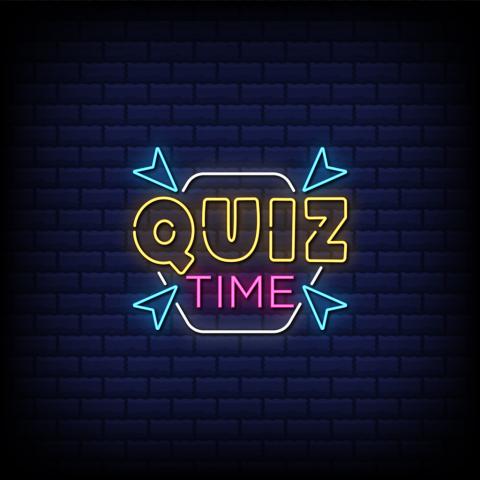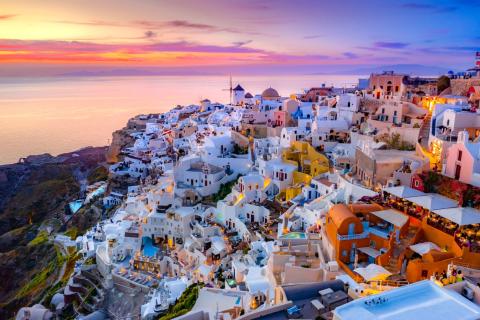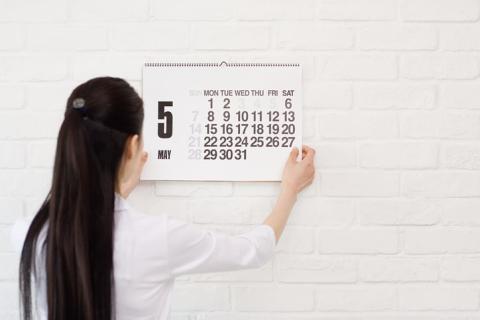Passover Quiz
Which of the following was not one of the ten plagues in Egypt?
- The ten plagues are as follows: blood, frogs, lice, beasts, cattle plague, boils, hail, locusts, darkness, and the slaying of the first born.
Why is there a Seder on Passover?
Which of the following items is not found on the Seder plate?
- There are six items on the Seder plate—maror (bitter herbs), baytzah (hard-boiled eggs), zeroa (shank bones), charoset (dried fruits), karpas (greens), and chazeret (bitter vegetables). Some people substitute salt water for chazeret on the Seder plate.
At the end of the Seder, which of the following phrases is always recited?
- The Seder always ends with the recitation of the hebrew phrase "ba shana ha ba a b'yerushalayim", meaning "Next year in Jerusalem."
How many glasses of wine are drunk during the course of the Seder?
- Four glasses of wine are drunk during the Passover Seder—two before the festival meal and two after. In addition, a glass of wine is put on the Seder table for the Prophet Elijah.
During the Seder, it is traditional for the youngest child to . . .
- The "Four Questions" recited by the youngest child are: Why do we eat only matzah on Passover? Why do we eat maror (bitter herbs) at our Seder? Why do we dip our foods twice tonight? Why do we lean on a pillow tonight? The answers to these questions are revealed during the Seder.
One of the items on the Seder plate, charoset, is a mixture of apples, walnuts, wine, and spices. What is the symbolic meaning of the charoset?
During Passover, Jews eat matzah. What is the symbolic meaning of matzah?
- When the Hebrews were leaving Egypt, they did not have time to cook their bread, so it baked in the sun while they carried it on their backs. Unleavened bread called matzah is eaten on Passover as a reminder of the Exodus.
What does Seder mean in Hebrew?
During the Seder, what is hidden by the adults and later searched for by the children?
- During the Seder, a piece of matzah is broken in half and placed in a bag. This is called the afikomen. The afikomen is then hidden and after dinner the children go looking for it. The child who finds it receives a small prize. The word afikomen comes from a Greek word that means "that which is coming."





